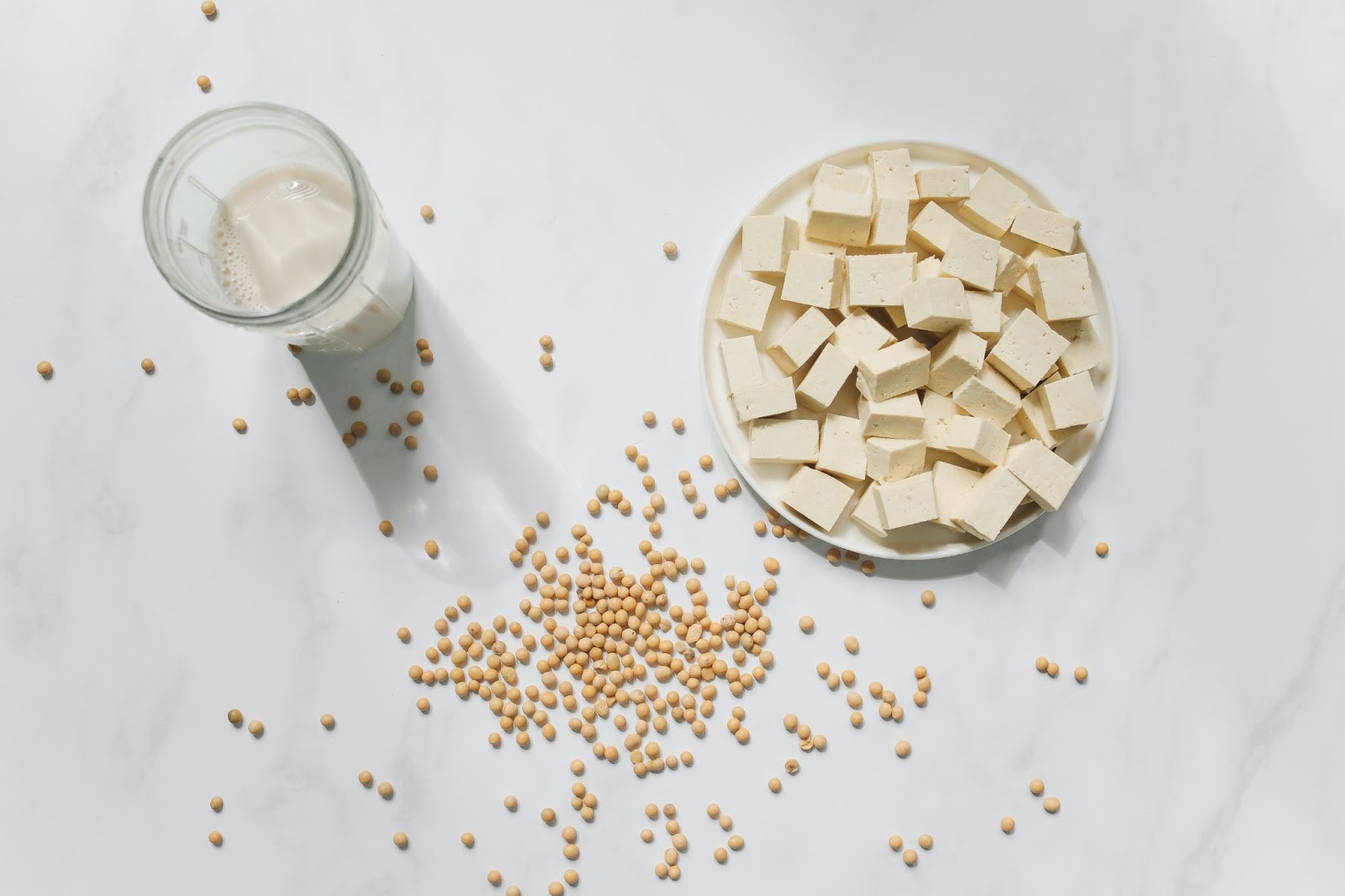Milk is a wonderful source of calcium, vitamins, and protein which enables our bodies to develop strong bones and build up our immune system. It plays a huge part in a growing child’s diet. Infants under the age of one should be fed breast milk or baby formula. However, doctors may suggest milk alternatives for babies who are lactose intolerant or have underlying allergies. There are also occasions when a mother is unable to provide sufficient breast milk and is in need of safe alternatives to baby formula to enable their baby to keep receiving the right nutrients to grow healthy and strong. visit Sell Formula
Severe food allergies are some of the common reasons that some babies do not consume dairy. It is essential to find breast milk alternatives so that your child can acquire the nutrients they need to grow up healthy and strong. Parents are recommended to consult with a registered dietician, allergist, and pediatrician before venturing into a new diet plan.
To help, we have listed the best milk alternatives to baby formula to enable you to make an informed choice and decide on what’s best for your growing child.

Nursing
Human breast milk provides the perfect nutrition for infants. It carries nearly the ideal combination of vitamins, protein, and fat, which is everything your baby needs to grow. It is easier to digest than infant formula and is rich in all the antibodies that can help your baby fend off viruses and bacteria.
If a mother is not dealing with any underlying health concerns, breast milk is still considered the top choice for your baby. Babies who are breastfed entirely for the first 6 months, without any formula are not as prone to experience ear infections, respiratory issues, and bouts with diarrhea.
Soy-based formulas
Soy-based formulas are entirely free from dairy, which can help babies who are lactose intolerant or babies with a rare condition called galactosemia. The main ingredient being soybeans, soy protein-based formulas include iron-fortified ingredients that can meet the vitamin and mineral requirements of feeding babies. It is specifically rich in lactose-free carbohydrates, carnitine, and taurine.
Soy-based formula is a top choice for vegan parents who would like to slowly introduce a vegan diet to their babies.
Donor milk
Donor milk is a wonderful choice for mothers who are unable to provide their own breast milk. This is breast milk that is produced, pasteurized, and donated by other lactating moms. This is one of the best natural milk alternatives because human milk still comes with all the nutrition your baby needs to stay healthy and strong.
Donor milk can be accessed from special local milk banks, where the donor milk is donated and gathered. It is essential for it to be professionally pasteurized and tested to remove any underlying bacteria issues. Mothers who donate their milk also go through rigorous testing, to make sure they do not pass any of their illnesses to the milk they plan to donate.
Goat’s milk
Using goat’s milk-based formulas as an alternative to infant formula has been noted as the closest to a human’s breast milk. Any fresh milk should be avoided until after 12 months of age. It is safe to introduce fresh goat’s milk as long as it is pasteurized. Goat’s milk is enriched with a consistent amount of fat and proteins but is not as efficient in providing vitamin B12 or folic acid.
Use a supplement infant multivitamin that can cover any deficiencies that are not found in goat’s milk.
Toddler formula for older babies
When your baby reaches their first year of age, a toddler formula can be slowly introduced to your baby’s diet and serve as an additional source of nutrients. This should never be used before 12 months of age. Seek transitional milk that is enriched with vitamin D, iron, DHA, and healthy fats and fiber. Toddler formula has a lower sugar content when compared to cow’s milk.
Supported with a balanced diet, the additional nutrients incorporated in toddler formula can work as a favorable choice if you are unable to breastfeed or your child has allergies to other forms of milk.
Final Thoughts
While there are numerous milk products and formulas on the market, it can often be confusing and overwhelming to know which is the best milk alternative to give to your baby. Switching to a new milk alternative can be due to a plant-based lifestyle choice, an allergy, or other medical-related issues.
Always consult with your pediatrician so you will be able to make the best choice. The goal is to select a milk alternative that suits your baby’s needs, enriched with the proper vitamins and nutrients so they can grow up healthy and strong.
















